livestream unavailable because this is extrapolated
|
||||||||||||||||||||||||
Key Points
– If Scott Adams, creator of *Dilbert* and author of *How to Fail at Almost Everything and Still Win Big*, delivered a keynote at YC AI Startup School on June 17, 2025, it would likely focus on practical success strategies, persuasion, and navigating failure in the context of AI startups.
– Drawing from his expertise in systems thinking, creativity, and commentary on human behavior, Adams would offer unconventional advice tailored to aspiring AI founders.
– His talk could stand out for its humor, accessibility, and focus on mindset, making complex AI entrepreneurship approachable and inspiring.
Background, Context and Prompts
Scott Adams is a cartoonist, author, and commentator known for *Dilbert*, a satirical comic strip about corporate life, and books like *How to Fail at Almost Everything and Still Win Big* (2013), where he outlines a “systems over goals” approach to success. Adams has a background in economics (BA from Hartwick College) and an MBA from UC Berkeley, with experience in corporate roles at Crocker National Bank and Pacific Bell. He’s also a trained hypnotist and a vocal commentator on X, often discussing persuasion, creativity, and human behavior. His 2023 book, *Reframe Your Brain*, emphasizes cognitive reframing to overcome challenges.
The YC AI Startup School, held June 16–17, 2025, in San Francisco, gathered 2,200 top AI students to learn from experts like Elon Musk, Larry Chiang, Garry Tan, and Sam Altman. The event focuses on AI trends, startup building, ethics, and networking. While there’s no evidence of Adams speaking at this event, this response imagines his keynote based on his public work and the event’s context, assuming it occurs on June 17, 2025, as specified.
Likely Content of Scott Adams’ Keynote
Adams’ keynote would likely be a witty, engaging talk blending his systems-thinking philosophy, persuasion insights, and humor to inspire AI startup founders. It would focus on mindset and practical strategies rather than technical AI details, aligning with YC’s emphasis on entrepreneurial skills. Based on his books, X posts, and public talks (e.g., his *Coffee with Scott Adams* livestreams), here’s what he might cover:
-1- Systems Over Goals for AI Startups
– **Core Idea**: Adams’ mantra from *How to Fail*—prioritize systems (repeatable processes) over specific goals—would frame his advice for building AI startups.
– **Key Points**:
– Instead of aiming to “build the next OpenAI,” create daily habits like coding, networking, or learning AI frameworks to stack skills.
– Systems like iterative prototyping or customer feedback loops ensure progress despite setbacks.
– **Example**: “Don’t aim to be the next Elon Musk. Build a system: code an AI model daily, pitch one investor weekly. That’s how you win.”
-2- Failing Forward in AI Entrepreneurship
– **Core Idea**: Adams embraces failure as a learning tool, which he’d apply to the high-risk world of AI startups.
– **Key Points**:
– Most AI startups fail, but each failure builds “talent stacks” (skills like coding, pitching, or market analysis).
– Encourage founders to launch imperfect AI prototypes (e.g., a basic chatbot) to learn fast, rather than perfecting models in isolation.
– **Example**: “I failed at dozens of ventures before *Dilbert*. Your AI model will crash—good. Each crash teaches you what investors want.”
3. **Persuasion and Pitching AI Ideas**:
– **Core Idea**: Adams, a trained hypnotist, would share persuasion techniques to sell AI startup ideas to investors, partners, and customers.
– **Key Points**:
– Use simple, vivid language to explain complex AI (e.g., “Our AI predicts customer churn like a crystal ball”).
– Frame AI solutions as solving urgent problems, not just cool tech, to win buy-in.
– **Example**: “Investors don’t care about your neural network. Tell them, ‘Our AI saves retailers $1M a year.’ That’s persuasion.”
4. **Reframing Challenges in AI Development**:
– **Core Idea**: Drawing from *Reframe Your Brain*, Adams would teach founders to reframe AI startup challenges as opportunities.
– **Key Points**:
– A failed AI model isn’t a loss—it’s data for the next iteration.
– Limited funding forces creativity, like using open-source tools (e.g., TensorFlow) or lean MVPs.
– **Example**: “No VC funding? Reframe it: you’re free to experiment without pressure. Bootstrap your AI like I bootstrapped *Dilbert*.”
5. **Navigating Corporate and AI Ethics**:
– **Core Idea**: Adams’ *Dilbert* satirizes corporate dysfunction, which he’d relate to ethical challenges in AI startups.
– **Key Points**:
– Warn against “pointy-haired boss” mistakes, like building AI that ignores user trust or fairness.
– Advocate for transparent AI systems, especially in sensitive areas like hiring or finance, to avoid backlash.
– **Example**: “*Dilbert* mocks bad bosses. Don’t be one—build AI that’s fair and open, or you’ll be the punchline.”
6. **Creativity as a Competitive Edge**:
– **Core Idea**: Adams’ success as a cartoonist stems from creativity, which he’d encourage in AI innovation.
– **Key Points**:
– AI founders should combine disciplines (e.g., art + AI for generative design) to stand out.
– Use “talent stacking” (e.g., coding + storytelling) to create unique AI products.
– **Example**: “I mixed humor and corporate insight for *Dilbert*. Mix AI with your unique skill—maybe music or psychology—to disrupt markets.”
7. **Practical Advice for AI Founders**:
– **Core Idea**: Adams would offer actionable steps, aligning with YC’s startup-building focus.
– **Key Points**:
– **Start Small**: Build a niche AI tool (e.g., for local businesses) to test market fit.
– **Network Aggressively**: Use the YC event to connect with mentors and peers, as Adams did in corporate networks.
– **Learn Continuously**: Study AI trends on X or platforms like DeepLearning.ai to stay ahead.
– **Example**: “Day 1: Code a simple AI. Day 2: Pitch it to 10 people here. Day 3: Fix it. That’s your system.”
8. **Humor and Resilience**:
– **Core Idea**: Adams’ humor would make his talk engaging, while his resilience message would inspire.
– **Key Points**:
– Use humor to cope with startup stress, like *Dilbert* pokes fun at corporate absurdity.
– Stay resilient through rejections, as Adams did with *Dilbert*’s early syndicate rejections.
– **Example**: “When your AI fails, laugh like Dilbert at a bad meeting. Then get up and try again.”
### Why It Could Be a Standout Keynote
Adams’ keynote could resonate with the YC AI Startup School audience for several reasons:
– **Humor and Accessibility**: His *Dilbert*-style wit would make complex startup challenges relatable, engaging 2,000 students.
– **Unconventional Wisdom**: Unlike tech-heavy talks (e.g., Musk or Karpathy), Adams’ focus on mindset, persuasion, and failure offers a fresh perspective.
– **Practical Systems**: His “systems over goals” framework provides actionable advice for founders navigating AI’s uncertainty.
– **Inspirational Tone**: Stories of overcoming failure (e.g., *Dilbert*’s rise) would motivate young entrepreneurs facing technical and market hurdles.
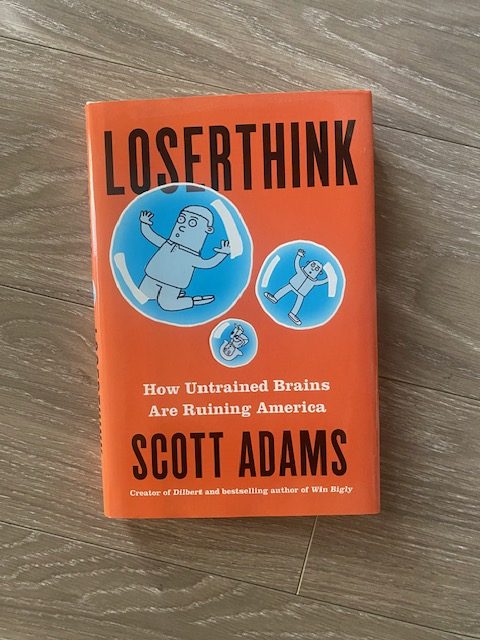
### Structure of the Keynote
A 45-minute keynote might be structured as:
– **Opening (5 min)**: Share a *Dilbert* story about corporate failure, tying it to AI startup struggles, to hook the audience with humor.
– **Core Content (30 min)**:
– **Systems and Failure (10 min)**: Explain “systems over goals” and learning from AI flops.
– **Persuasion and Reframing (10 min)**: Teach pitching AI and reframing setbacks.
– **Ethics and Creativity (10 min)**: Discuss fair AI and combining skills for innovation.
– **Closing (10 min)**: Inspire with a call to build AI startups with resilience and humor, urging attendees to network at the event.
Table: Key Themes and Relevance
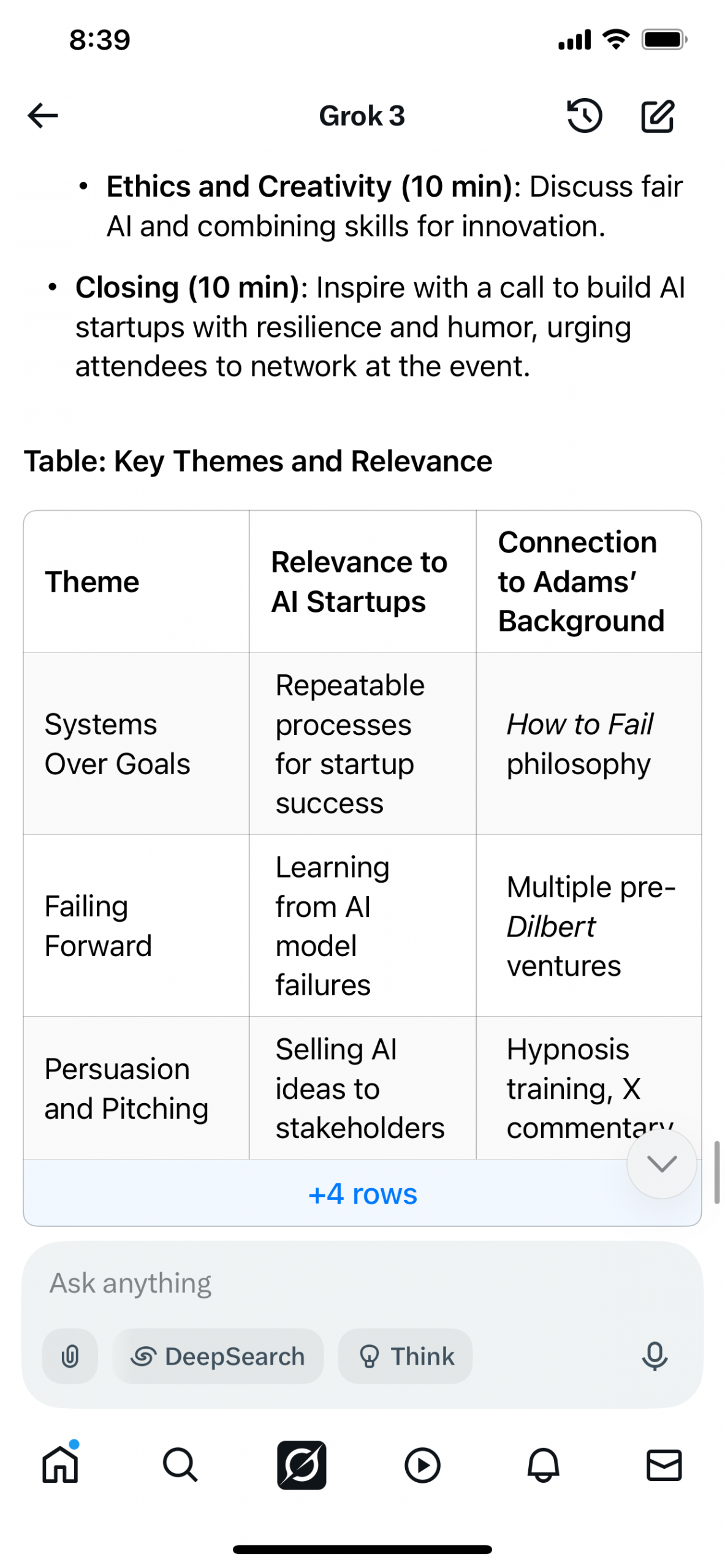
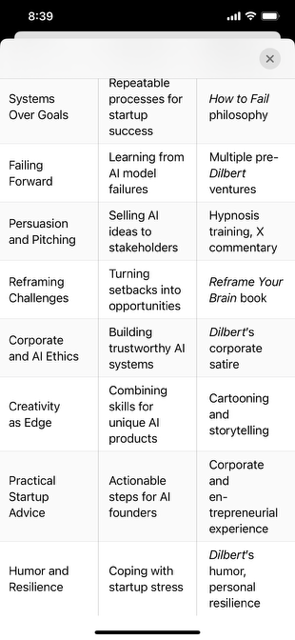
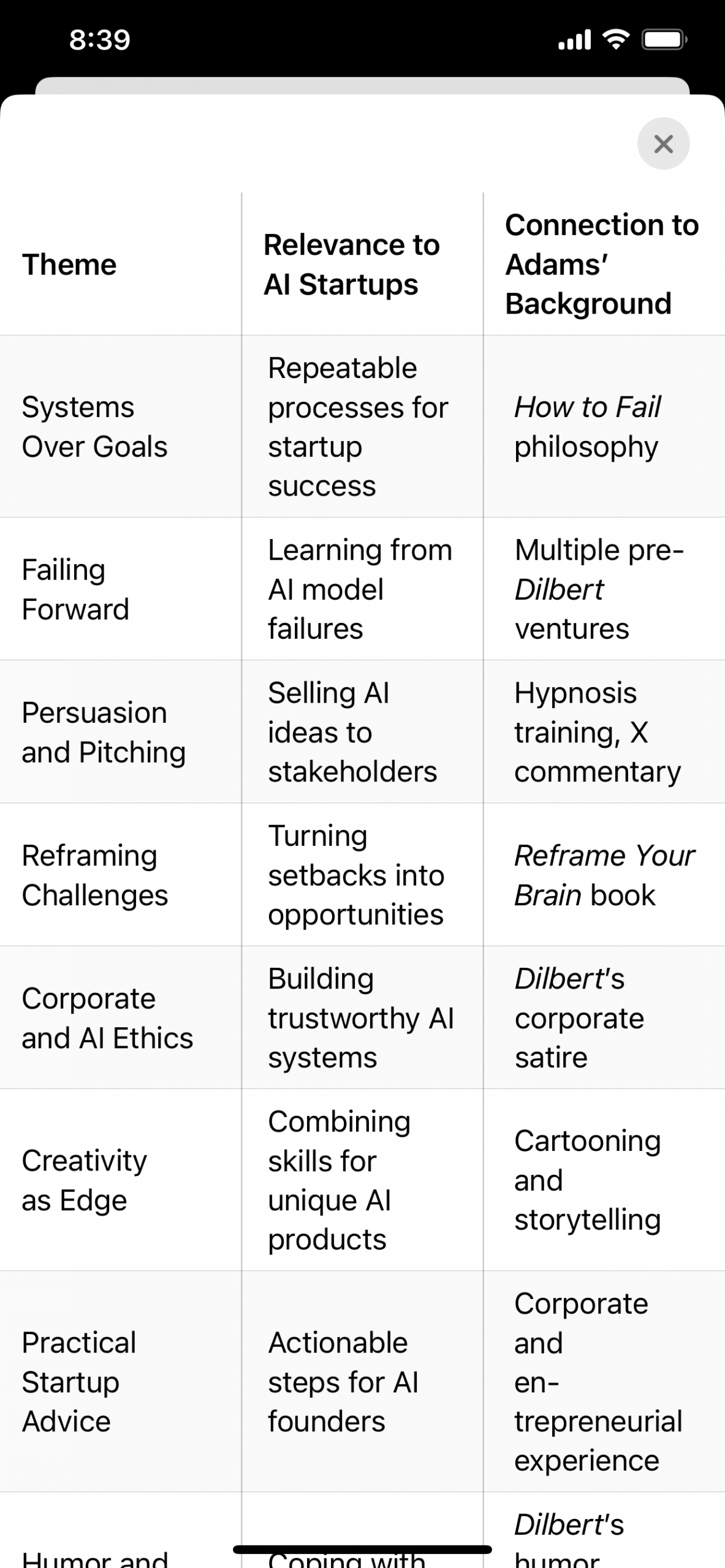
| Theme | Relevance to AI Startups | Connection to Adams’ Background |
|——————————|———————————————|——————————————-|
| Systems Over Goals | Repeatable processes for startup success | *How to Fail* philosophy |
| Failing Forward | Learning from AI model failures | Multiple pre-*Dilbert* ventures |
| Persuasion and Pitching | Selling AI ideas to stakeholders | Hypnosis training, X commentary |
| Reframing Challenges | Turning setbacks into opportunities | *Reframe Your Brain* book |
| Corporate and AI Ethics | Building trustworthy AI systems | *Dilbert*’s corporate satire |
| Creativity as Edge | Combining skills for unique AI products | Cartooning and storytelling |
| Practical Startup Advice | Actionable steps for AI founders | Corporate and entrepreneurial experience |
| Humor and Resilience | Coping with startup stress | *Dilbert*’s humor, personal resilience |
### Conclusion
If Scott Adams delivered a keynote at YC AI Startup School on June 17, 2025, he’d likely focus on systems thinking, failing forward, persuasion, and creativity, tailored to AI startup founders. Drawing from *Dilbert*, *How to Fail*, and his commentary on human behavior, he’d offer a humorous, practical guide to navigating AI entrepreneurship. His talk could stand out for its wit, accessibility, and emphasis on mindset, inspiring 2,000 students to build resilient, innovative AI startups. The keynote’s strength lies in its unique perspective, blending corporate satire with actionable advice, aligning with YC’s mission to empower founders.
### Key Citations
– Scott Adams, *How to Fail at Almost Everything and Still Win Big* (2013)
– Scott Adams, *Reframe Your Brain* (2023)
– YC AI Startup School announcement
– Scott Adams’ X profile and *Coffee with Scott Adams* from my iPhone


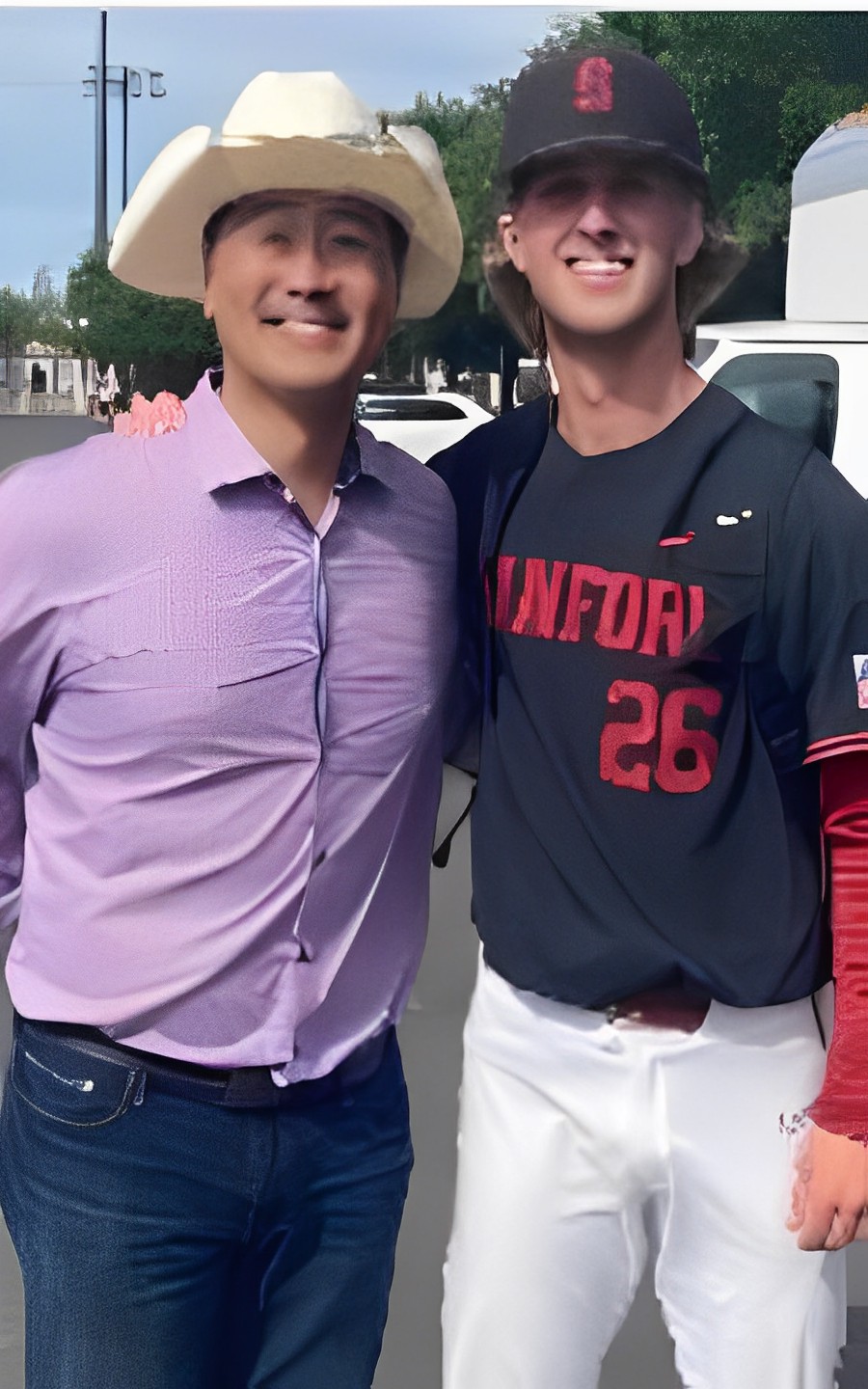
 Duck9 is a credit score prep program that is like a Kaplan or Princeton Review test preparation service. We don't teach beating the SAT, but we do get you to a higher credit FICO score using secret methods that have gotten us on TV, Congress and newspaper articles. Say hi or check out some of our free resources before you pay for a thing. You can also text the CEO:
Duck9 is a credit score prep program that is like a Kaplan or Princeton Review test preparation service. We don't teach beating the SAT, but we do get you to a higher credit FICO score using secret methods that have gotten us on TV, Congress and newspaper articles. Say hi or check out some of our free resources before you pay for a thing. You can also text the CEO:







